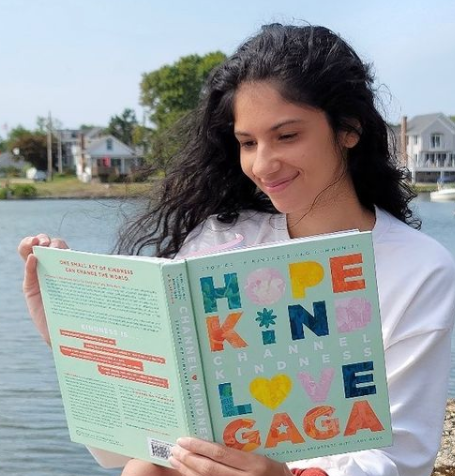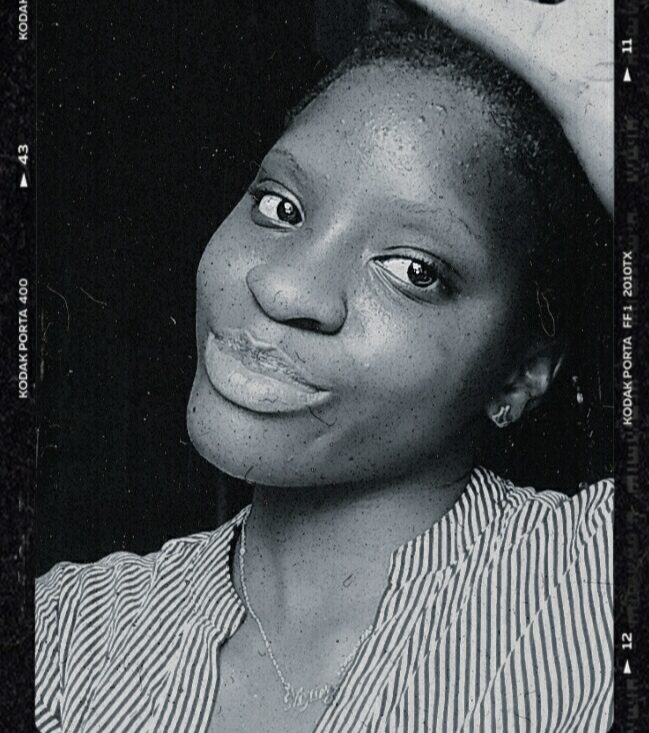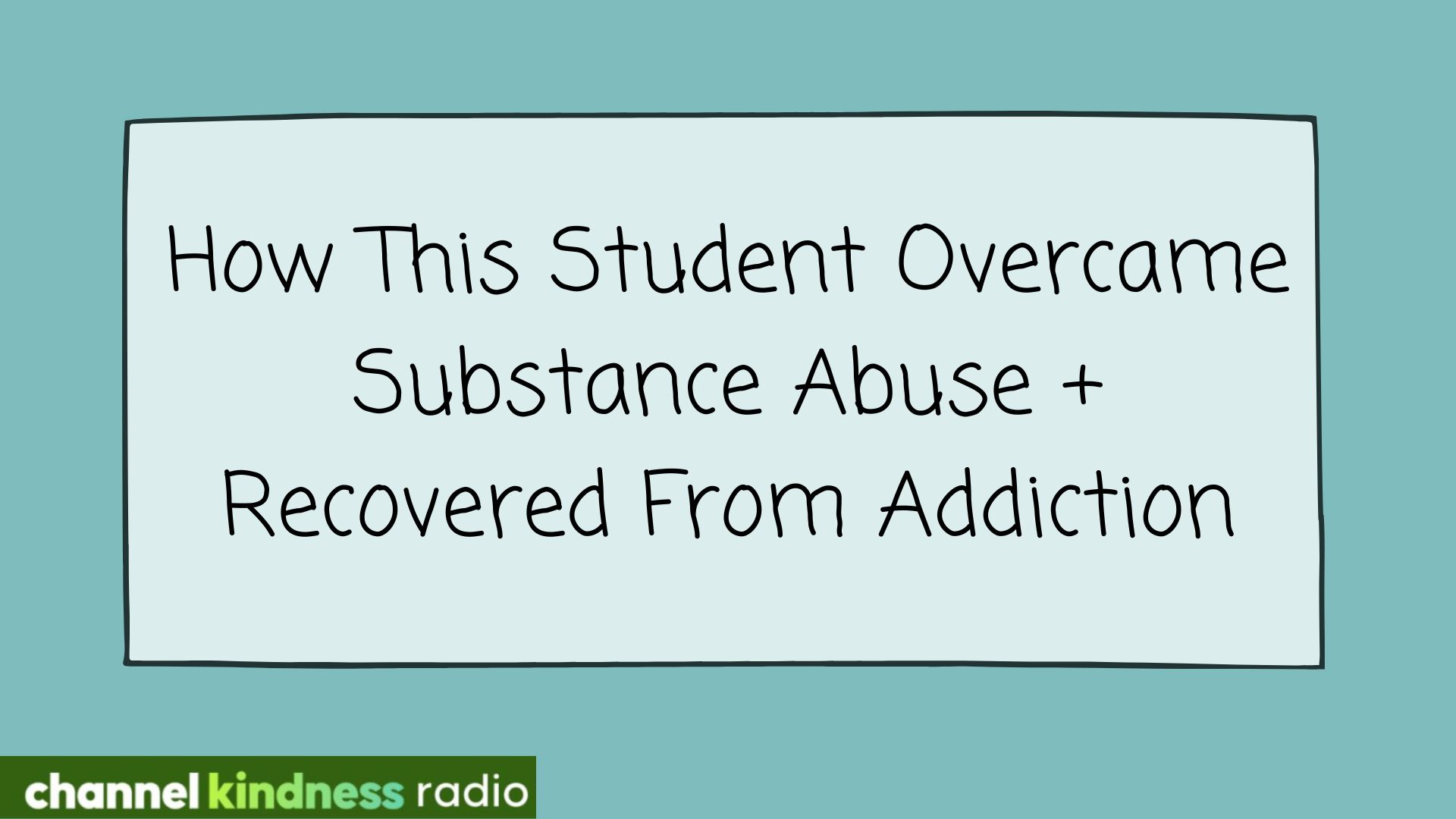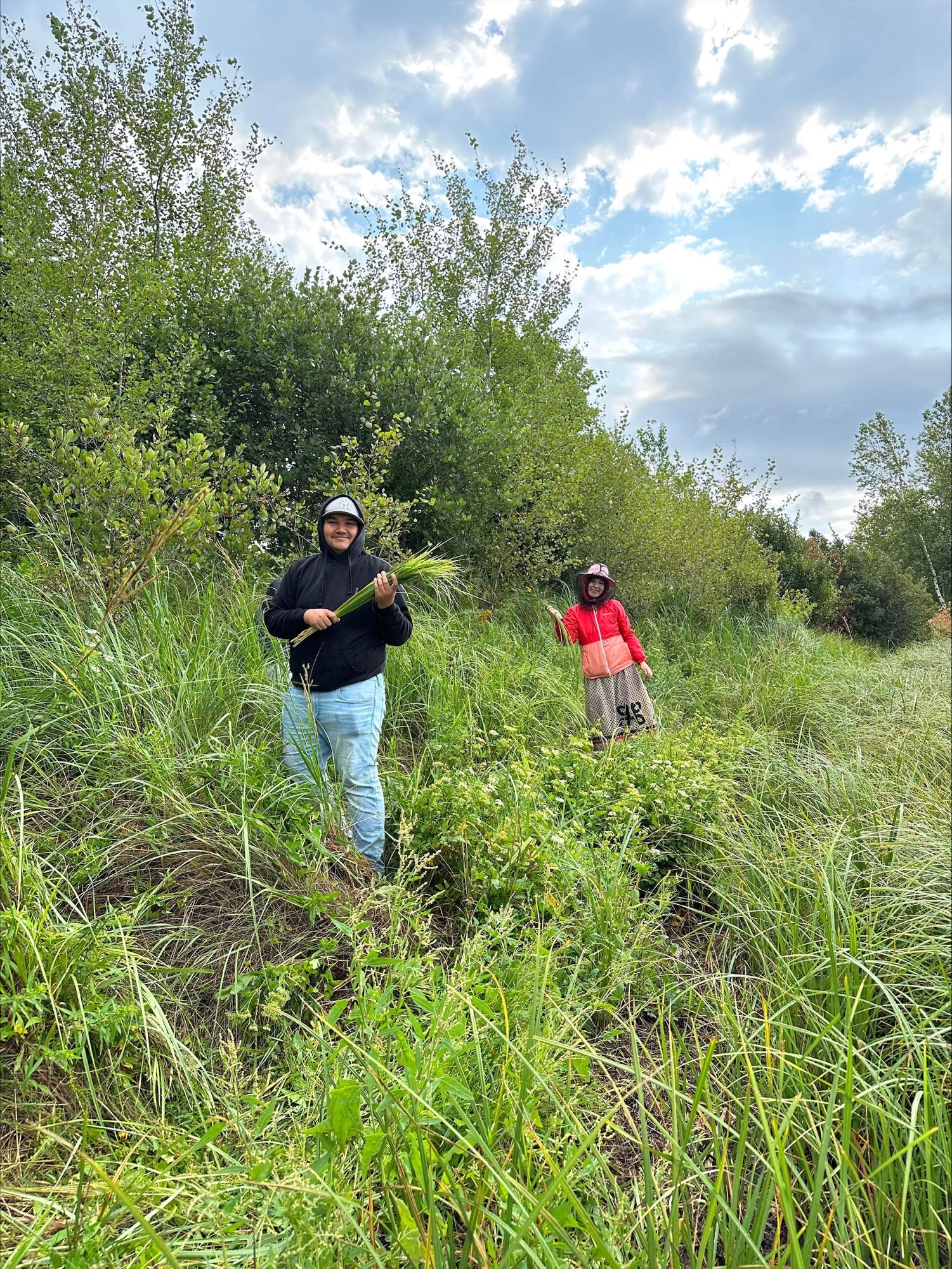At Born This Way Foundation research is the cornerstone of all of programs that they run. Their longest running research program, lead by Dr. Susan Swearer from the University of Nebraska Lincoln’s Empowerment Initiative, is the Born Brave Experiences Survey. The Born Brave Experiences (BBE) survey is a research project which was designed to help better understand the factors that support youth empowerment and engagement. It also works to develop effective youth empowerment interventions with the objective of using the factors to build a kinder and braver world.
Channel Kindness had the opportunity to sit down with Zach Myers, a member of Dr. Swearer’s research team, to get the inside scoop on why this type of research is so important to our network of young people! Read our interview below to find out how Born This Way Foundation utilizes these research findings and where we hope to take the next round of results!
1. What made you want to get involved in psychology in the first place?
I first became interested in psychology in high school. I was active in our school’s anti-substance use program and often acted as a group leader for weekend retreats. It became painfully obvious during these events that adolescents face so many difficult situations and often feel that they don’t have an outlet to discuss them, or at least one where they feel they are being heard. That insight really sparked my interest in becoming a psychologist because I felt that the therapeutic session could potentially be the one space where these youth could feel comfortable and have their voices heard without fear of being judged.
2. Once you were at UNL how did get into the BBE Survey?
I chose to attend UNL because I wanted to work with Dr. Sue. While I had been interested in bullying for some time, what really impressed me was our lab’s commitment to translational research. Once I heard of Dr. Sue’s involvement with the Foundation and the development of the survey, I knew that this project would be a perfect fit. Luckily for me, Dr. Sue felt the same way. Since I began working on the project in 2012, I have been able to create our electronic surveys, travel to New York City and Kansas City to interview people for the Born Brave Experiences studies, and share our research through journal articles, book chapters, and conference presentations.
3. What makes this survey different from other youth surveys?
I think what makes this survey so unique is the focus on utilizing research not only to expand our knowledge base and inform clinical practice, but also to capture the unique experiences of all youth. Our database is the most diverse that I have ever worked with and I find this extremely important. People don’t fit perfectly into certain groups or boxes. Every individual comes with a unique history of experiences, identities, and beliefs. Therefore, it is important that research strives to appreciate and understand the complexity of the individual. While we can never fully address all experiences in one study, it is important to include measures of diverse experiences to make sure that all voices have a chance to be heard.
4. Can you tell me about some of the most interesting findings?
It’s tough to narrow it down. I love all of our research! But I’ll focus on a few recent findings from my work. We recently published research in the International Journal of Technoethics on the traditional and cyberbullying experiences of youth. This is an area of research that I am very interested in, given that many youth who report experiencing cyberbullying experience in-person victimization as well. Our research also found this result, suggesting that the majority of cyberbullied youth experience both forms of bullying, or poly-victimization. Our study also found unique differences in the frequency of experienced cyberbullying victimization across sexual orientations and gender identities in that transgender and bisexual/pansexual youth were likely to experience more frequent cyberbullying victimization when compared to their peers. This finding is important, given that the majority of research has typically included all non-heterosexual or cisgender individuals into a single group and compared them to their heterosexual and cisgender peers. This trend is troubling, given that it does not allow for examining unique differences across all groups. and it implies that being heterosexual or cisgender is the norm to which to be compared. I’m proud of our study’s diversity and its impact on the field.
5. What does the BBE Research Team do with the findings?
Research must be shared to have an impact and our team is continually working to disseminate our work. Since the creation of the survey, our team has published our findings and experiences in peer-reviewed journals and book chapters. We also share our results annually at national conferences. Since the start of the survey, our team has been invited to present our findings at the annual conferences of the National Association of School Psychologists, American Psychological Association, the Association for Behavioral and Cognitive Therapies, the International Congress on Qualitative Inquiry, and and the American Educational Research Association. We’ve also written blogs that have been published in Huffington Post, www.bornthisway.foundation, + www.hackharassment.com.
6. What has been your personal favorite part of working with this data set?
I have enjoyed so many aspects of the BBE Survey, such as interviewing participants in New York City to presenting our findings to a crowd that included the President of the National Association of School Psychologists. However, my favorite part of working with this data set is the weekly research meeting with our team. During our weekly three-hour team meetings, we collaborate to discuss our ideas and findings, as well as plan for how we can best share the results. While a three-hour meeting doesn’t sound fun on paper, this time is exciting because we share the ideas that we are passionate about and discuss how we can make them work. Our work on this project never stops and we are excited for the future of the BBE Study!
7. What is your hope for the next phase of the BBE research?
This is a great question and one that we are working on. One of our current projects is developing a measure of kindness and bravery and we’ll continue to focus on those constructs. Our primary goal at this time is to make the survey more user-friendly. However, we want to know what others think as well. As I said above, what makes this survey unique is that our goal is to provide a voice to those who don’t always feel like they are being heard. Therefore, we need your input! Please tweet to @empowerment_UNL and @DrSueSwearer with your ideas and experiences. Only when we have everyone involved can we truly work to make the world a kinder and braver place!
If you want to learn more about the Born Brave Experience Research you can visit Born This Way Foundation or The Empowerment Initiative.
















